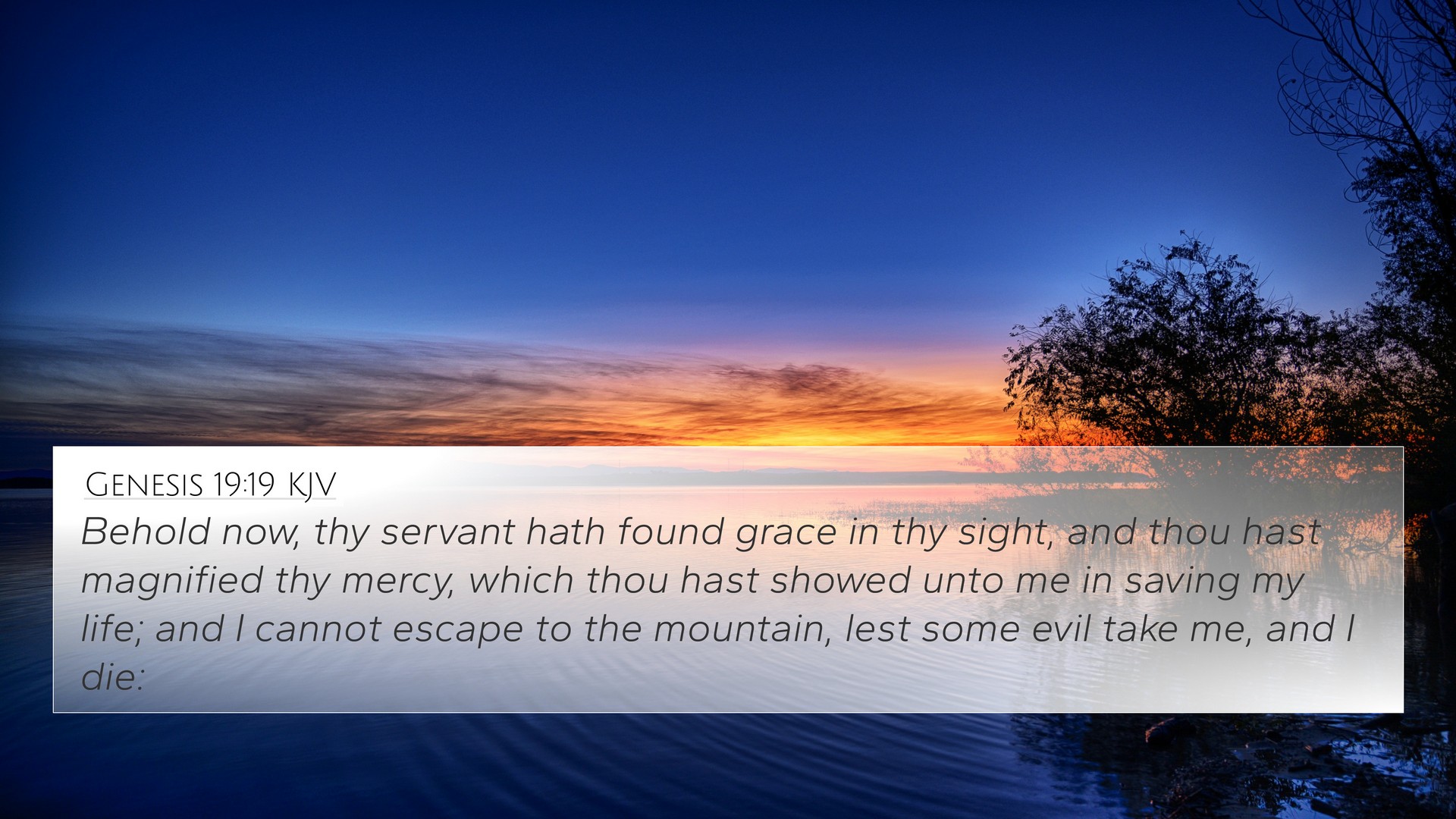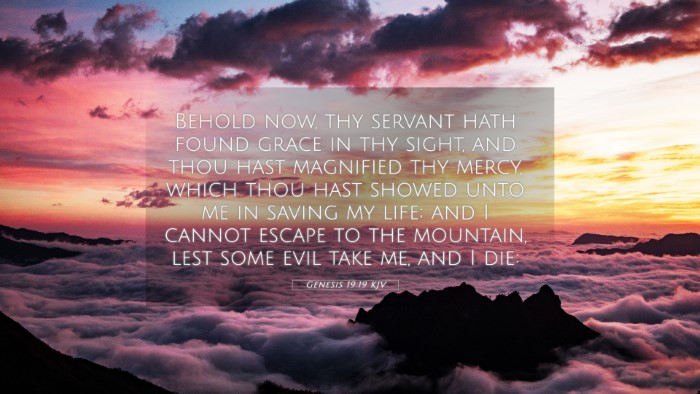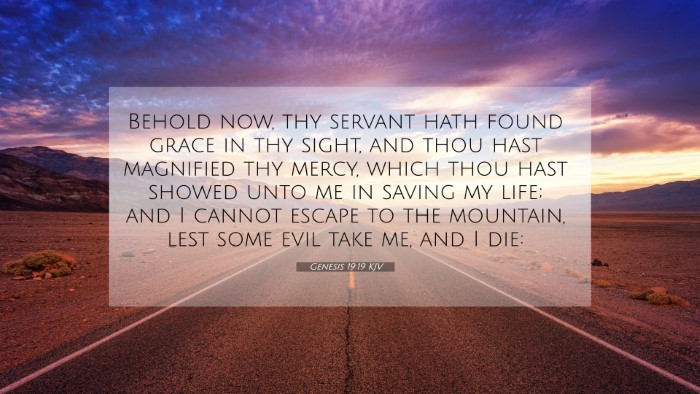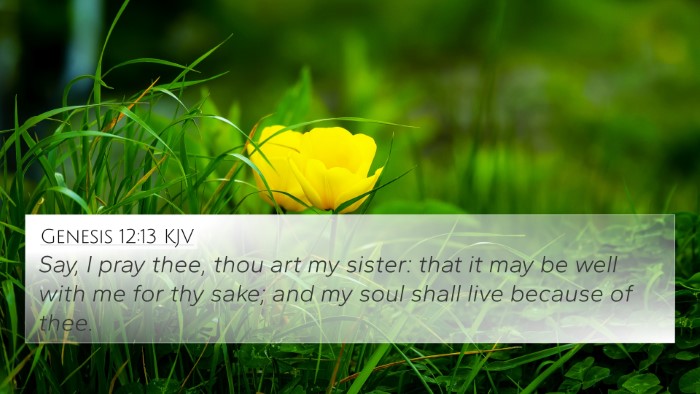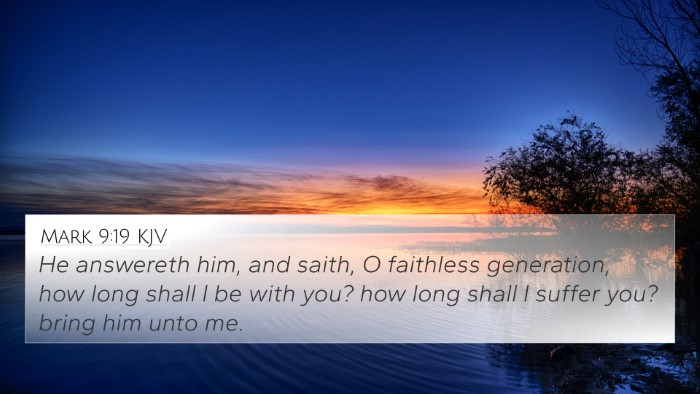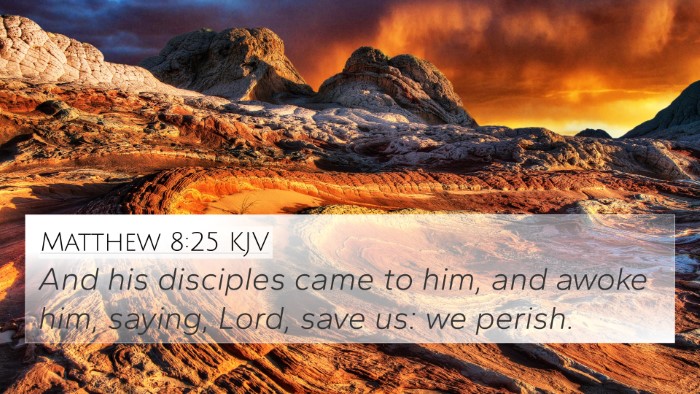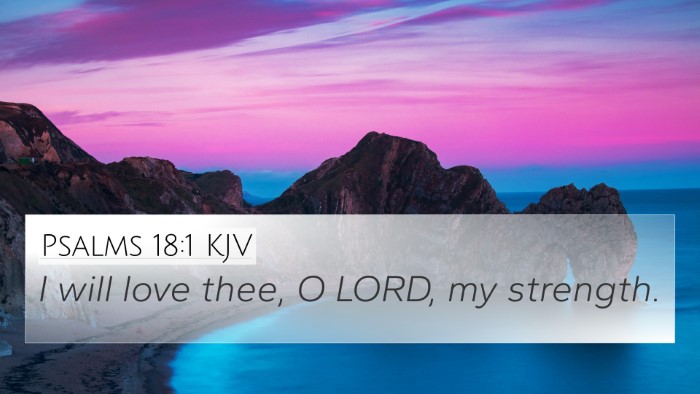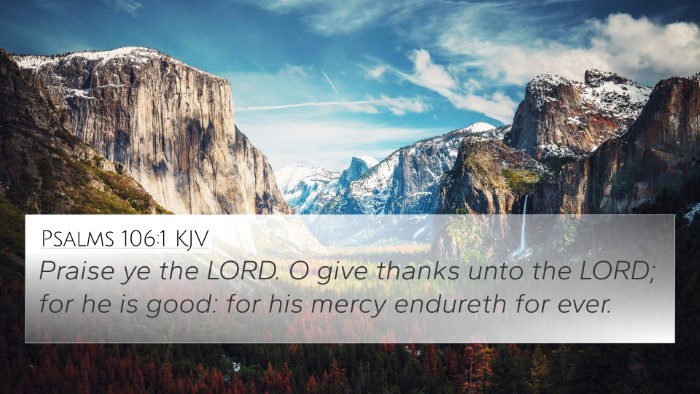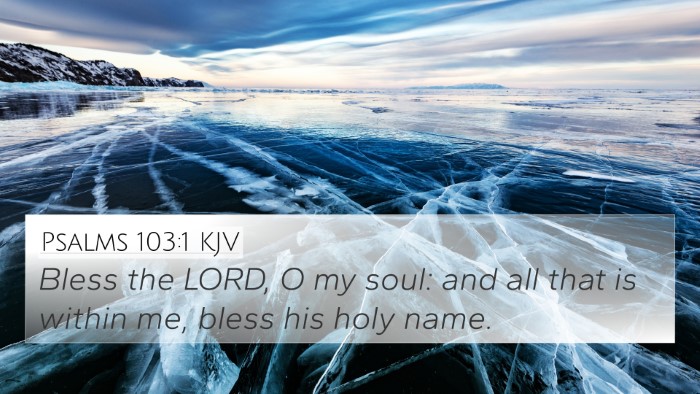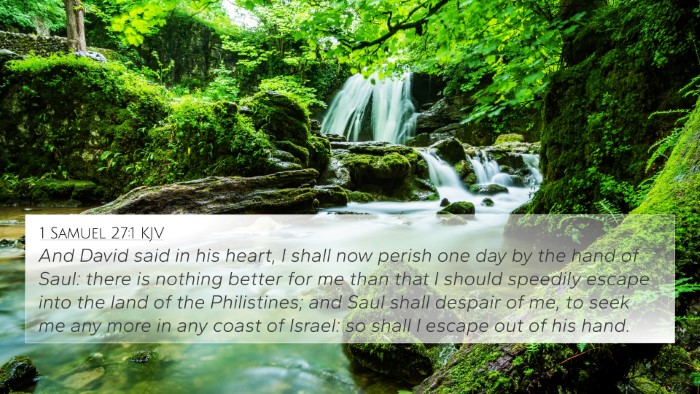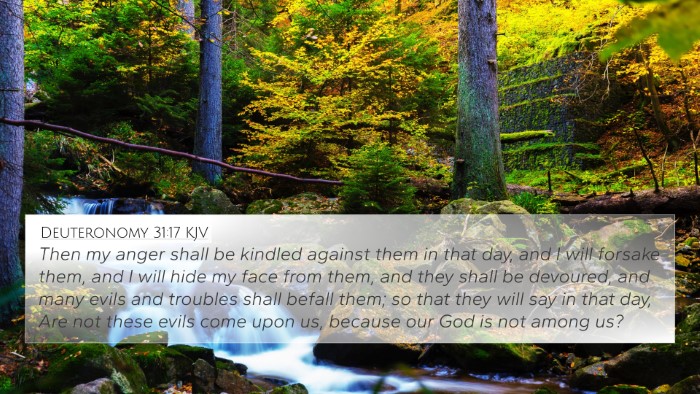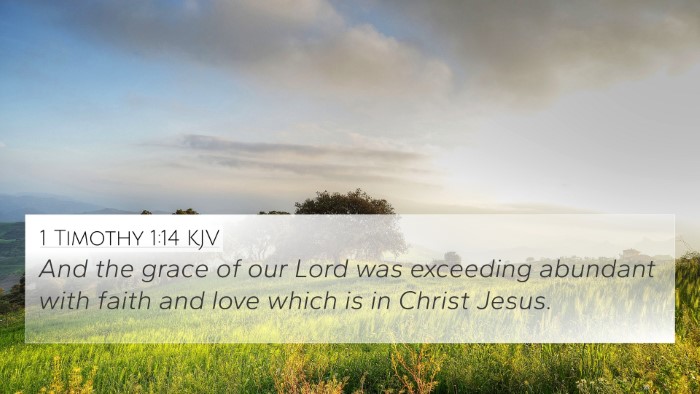Meaning and Interpretation of Genesis 19:19
Genesis 19:19 states, "Behold now, thy servant hath found grace in thy sight, and thou hast magnified thy mercy which thou hast showed unto me in saving my life; and I cannot escape to the mountain, lest some evil take me, and I die." This verse captures a moment of pleading and acknowledgment of divine mercy, reflecting deep emotions and theological significance.
Overview of the Verse
In this passage, Lot is addressing the angels who have come to save him from the destruction of Sodom and Gomorrah. His words express gratitude for the grace he has received and a sense of urgency regarding his safety.
Commentary Insights
This analysis integrates the insights of Matthew Henry, Albert Barnes, and Adam Clarke, providing a comprehensive understanding of this verse's implications.
Matthew Henry’s Commentary
- Grace and Mercy: Henry highlights Lot's recognition of grace, emphasizing that he is not deserving of such mercy, yet it has been bestowed upon him.
- Sense of Urgency: The urgency in Lot's plea illustrates the imminent danger he faces; he cannot flee to the mountains as instructed. He fears for his life if he delays.
- Divine Intervention: Henry points out that this passage reflects God’s readiness to save those who, though flawed, seek refuge in Him.
Albert Barnes’ Commentary
- Recognition of Deliverance: Barnes notes that Lot's fear of being overtaken by evil emphasizes his understanding of the dire circumstances of his surroundings.
- Appeal for Guidance: The plea for a safe place indicates Lot’s reliance on divine guidance rather than his own judgment.
- Foreshadowing Judgment: Lot’s escape signifies God’s impending judgment on the wicked, proposing a contrast between righteousness and sin.
Adam Clarke’s Commentary
- Understanding of Grace: Clarke elaborates on the nature of grace, explaining that it is an unearned favor that is central to God's relationship with humanity.
- Fear and Faith: Clarke discusses the tension between fear and faith demonstrated by Lot's request, showcasing his humanity in the face of extraordinary threats.
- Symbol of Hope: Lot’s cry can be seen as a symbol of hope, intimating that mercy is always available even in the most desperate of situations.
Cross-References to Explore
Studying Genesis 19:19 can be enriched by examining other verses that resonate with its themes:
- Genesis 18:23-32 - Abraham’s negotiation with God over Sodom.
- Luke 17:28-30 - Jesus’ reference to the destruction of Sodom.
- James 5:16 - The power of a righteous man’s prayer.
- Romans 5:8 - God’s love demonstrated through grace.
- Psalms 91:2 - Trust in God as a refuge.
- 2 Peter 2:6-8 - Lot is described as a righteous man distressed by the lawless deeds of the wicked.
- Hebrews 11:7 - Faith of Noah and the judgment that came upon the earth.
Thematic Connections
This verse encapsulates several significant themes that interlink with various Biblical texts:
- Divine Mercy: The overarching theme of God’s mercy is explored throughout scripture, notably in Ephesians 2:4-5 and Psalms 136.
- Human Desperation: The response to human desperation is vividly portrayed in many narratives, including the cries for help seen in Psalms 34:17.
- Salvation from Judgment: The theme of salvation from divine judgment resonates through verses like Revelation 3:10 and Matthew 24:21-22.
Conclusion
Many aspects of Genesis 19:19 reflect the deep interplay of grace, human emotion, and divine judgment. Through comparative Bible verse analysis and scriptural cross-referencing, we can further enrich our understanding of this significant text. This verse not only serves as a historical narrative but as an important theological cornerstone within the broader Biblical narrative.
